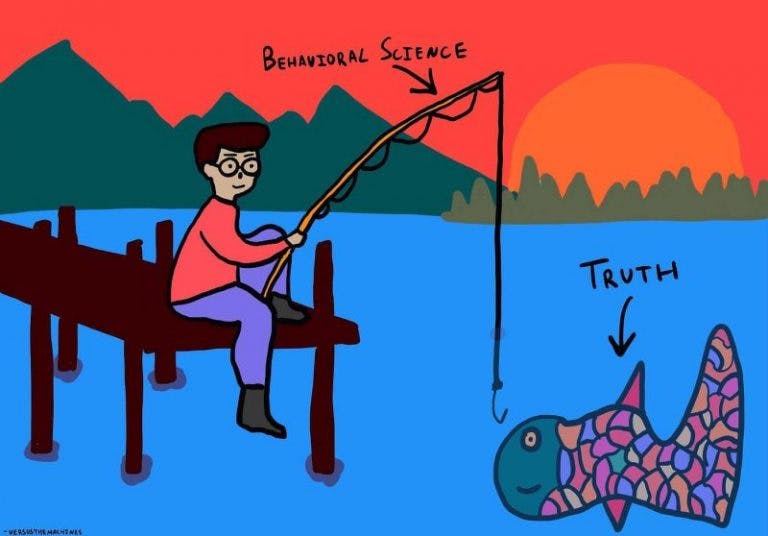
TDL Perspectives: Becoming A Behavioral Scientist

This discussion between Sekoul Krastev, a managing director and co-founder of The Decision Lab, and Julian Hazell, an associate at TDL, addresses what applied behavioral scientists do, and what are some of the things that are needed to successfully become one. This conversation covers:
- What applied behavioral scientists actually do
- What the typical day looks like for an applied behavioral scientist
- What background is needed to enter (and succeed in) the field
- If graduate school is necessary to become an applied behavioral scientist
- Important trends in the field
- Important skills to learn outside of the classroom
- What skills prospective applied behavioral scientists often lack
- What is disrupting the field (and how to prepare for this disruption)
- What organizations an applied behavioral scientist can work for
About the Authors
Dr. Sekoul Krastev
Sekoul is a Co-Founder and Managing Director at The Decision Lab. He is a bestselling author of Intention - a book he wrote with Wiley on the mindful application of behavioral science in organizations. A decision scientist with a PhD in Decision Neuroscience from McGill University, Sekoul's work has been featured in peer-reviewed journals and has been presented at conferences around the world. Sekoul previously advised management on innovation and engagement strategy at The Boston Consulting Group as well as on online media strategy at Google. He has a deep interest in the applications of behavioral science to new technology and has published on these topics in places such as the Huffington Post and Strategy & Business.
Julian Hazell
Julian is passionate about understanding human behavior by analyzing the data behind the decisions that individuals make. He is also interested in communicating social science insights to the public, particularly at the intersection of behavioral science, microeconomics, and data science. Before joining The Decision Lab, he was an economics editor at Graphite Publications, a Montreal-based publication for creative and analytical thought. He has written about various economic topics ranging from carbon pricing to the impact of political institutions on economic performance. Julian graduated from McGill University with a Bachelor of Arts in Economics and Management.
About us
We are the leading applied research & innovation consultancy
Our insights are leveraged by the most ambitious organizations
















“
I was blown away with their application and translation of behavioral science into practice. They took a very complex ecosystem and created a series of interventions using an innovative mix of the latest research and creative client co-creation. I was so impressed at the final product they created, which was hugely comprehensive despite the large scope of the client being of the world's most far-reaching and best known consumer brands. I'm excited to see what we can create together in the future.
Heather McKee
BEHAVIORAL SCIENTIST
GLOBAL COFFEEHOUSE CHAIN PROJECT
OUR CLIENT SUCCESS
$0M
Annual Revenue Increase
By launching a behavioral science practice at the core of the organization, we helped one of the largest insurers in North America realize $30M increase in annual revenue.
0%
Increase in Monthly Users
By redesigning North America's first national digital platform for mental health, we achieved a 52% lift in monthly users and an 83% improvement on clinical assessment.
0%
Reduction In Design Time
By designing a new process and getting buy-in from the C-Suite team, we helped one of the largest smartphone manufacturers in the world reduce software design time by 75%.
0%
Reduction in Client Drop-Off
By implementing targeted nudges based on proactive interventions, we reduced drop-off rates for 450,000 clients belonging to USA's oldest debt consolidation organizations by 46%





